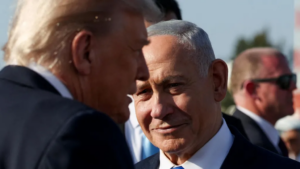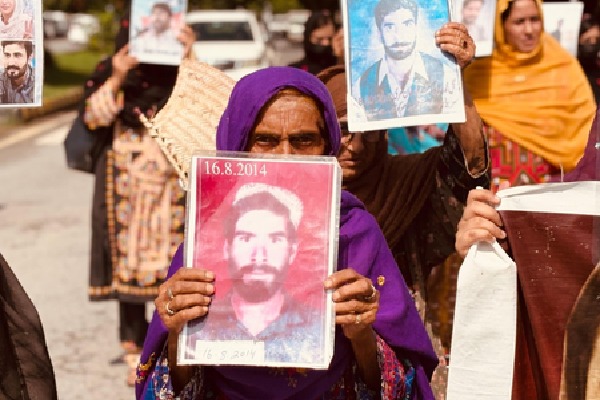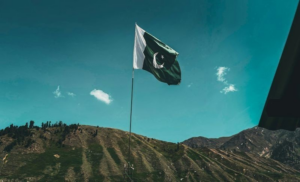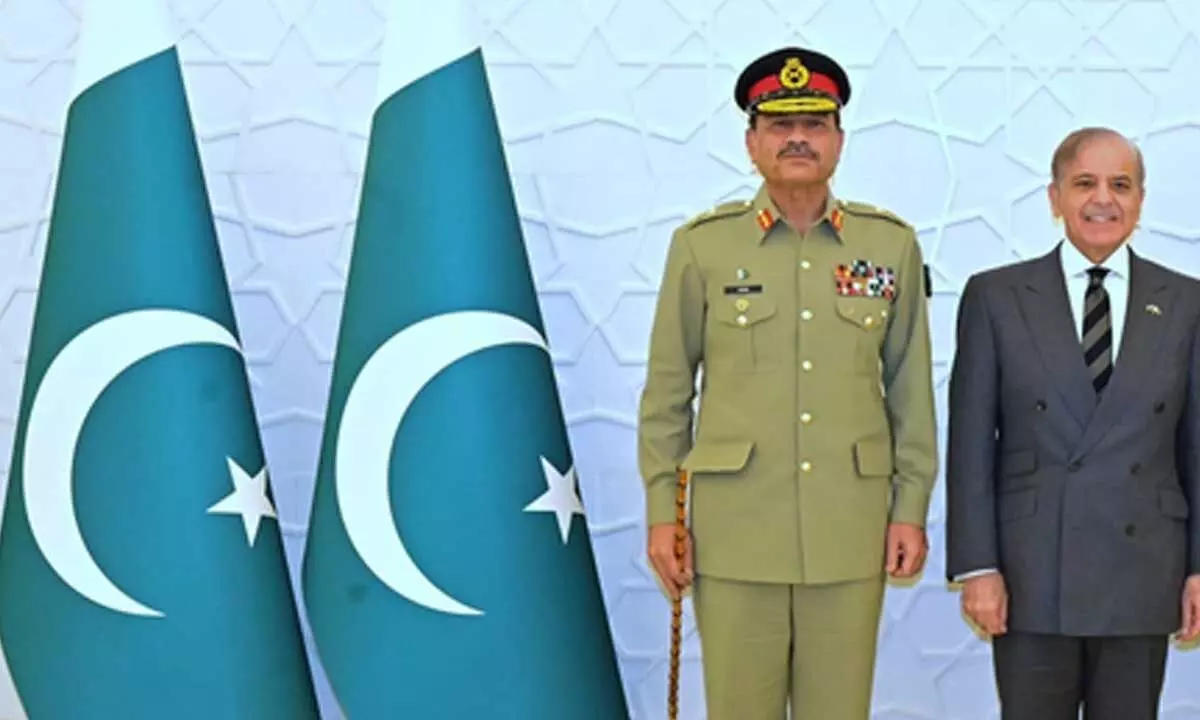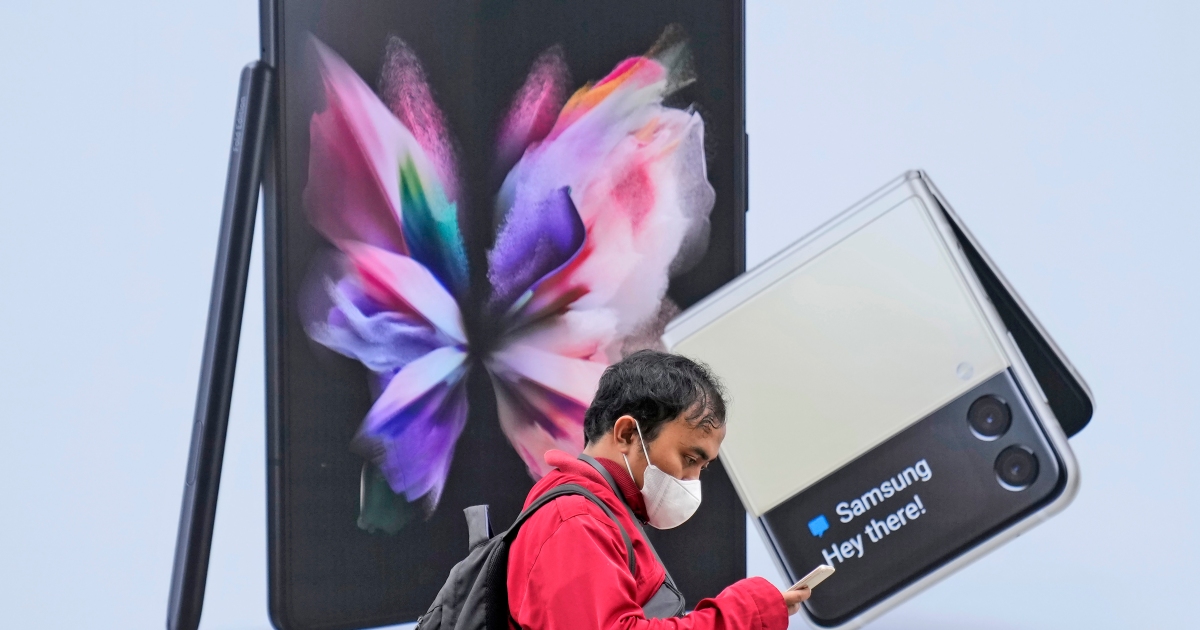
While Indonesia’s government has condemned the invasion, the mood online is more sympathetic to Russia.
Medan, Indonesia – In recent weeks, a story resembling one of Indonesia’s many popular soap operas has been doing the rounds on the country’s social media.
In the tale, a woman and her loyal husband divorced, and he agreed to pay off her debts while giving her custody of their three children. But after a rich neighbour seduced the woman, her ex-husband was so furious that he took one of the children back. The two others, meanwhile, demanded that their father discipline their mother.
But the deeply misogynistic story, with its depictions of domestic violence, is no soap opera.
It is actually pro-Russia messaging, with Russia cast as the wronged man and Ukraine in the role of the ex-wife. The rich neighbour is the United States, and Crimea, Donetsk and Luhansk, the three children.
The story is thought to have first appeared on the Chinese messaging app Weibo in the days following the Russian invasion of Ukraine, but its enthusiastic reception in Indonesia through Whatsapp groups and on other social media platforms, including Twitter and Facebook, suggests an increasingly pro-Russia stance among Indonesians, which has caught some by surprise.
“Pro-Russian social media has been quick to frame the war to favour Russia,” Alif Satria, a researcher in the Department of Politics and Social Change at the Centre for Strategic and International Studies (CSIS) Indonesia, told Al Jazeera.
“Using memes and imagery that are appealing to Indonesians, they portray Russia as a dutiful husband who wants to win back Ukraine, an ungrateful ex-wife who sided with European thugs and has held their children, ethnic Russians, hostage.”
As a result of such imagery, in the three weeks since the war began, something of a split has emerged between Indonesia’s official stance, and social media as well as online commentary that is more sympathetic to Russia, if not outright supportive.
Indonesia voted in favour of a UN General Assembly resolution condemning Russian aggression as well as the UN High Commissioner on Human Rights decision establishing an independent commission to investigate alleged human rights violations. President Joko Widodo also called for a ceasefire in an interview with Nikkei Asia on March 9.
According to Yohanes Sulaiman, a lecturer in international relations at Universitas Jenderal Achmad Yani in Bandung, part of the issue lies in a dislike of the US harboured by some Indonesians, even though they might previously have come out in protest against Russia’s wars in Chechnya and its attacks on Syria.
Much of the distrust stems from the period after 9/11 and the Indonesian response to the US’s so-called ‘War on Terror’ in the Muslim-majority nation.
“[Pro-Russia Indonesians] do not like and trust the United States. People saw the US attacking Afghanistan and Iraq in the past for reasons that were considered fabricated like the 9/11 conspiracy and the lack of Weapons of Mass Destruction [used as the pretext for war in Iraq].”
“This has had an impact on them questioning the credibility of news sources, in the sense of the US mass media. Many state that they can’t just accept news from the US without reading the other side – but the root of this is their distrust of the US in general,”
Surveys by the Pew Research Center in Washington, DC, have shown more scepticism towards the US in Indonesia than many other countries in the Asia Pacific.
A Pew study released in February 2020 showed just 42 percent of Indonesians with a favourable view of the US, the lowest of the six countries surveyed.
The allure of the macho man
Indonesians also tend to view the situation in Ukraine through the prism of other conflicts.
More than 90 percent of Indonesia’s 270 million people are Muslim, and support for Palestinian rights has traditionally been high. The country has no formal ties with Israel.
“There is a problem of double-standards and whataboutism in which Israel terrorises Palestine, and so why isn’t there a problem with that, but Ukraine is an issue?” said Sulaiman.
Still, Satria cautions that online support for Russia in Indonesia remains anecdotal and that there has not yet been “any study or effort to truly grasp and understand how widespread these sentiments are in the Indonesian public.”
Russia is notorious for the activities of its online disinformation campaigns and studies have found the St Petersburg-based Internet Research Agency worked to manipulate the outcome of the 2016 election in the United States.
The country has also sought to burnish its reputation in the archipelago in recent years, according to Radityo Dharmaputra, a lecturer at the Department of International Relations, Universitas Airlangga, with Moscow making “concerted efforts to portray Russia as a friend and ally of Islam”
Writing in a blog for the University of Melbourne, Dharmaputra notes Russia has established a science and culture centre in Jakarta, set up an Indonesian language version of the Russia Beyond the Headlines website and provided scholarships for Indonesian students as well as funding for centres of Russian Studies at Indonesian universities.
“An absence of credible news outlets with the resources to send their own investigative journalists into the war zone and the apparent lack of Russian and East European specialists in Indonesian academic circles has created (a) vacuum of credible information, informed analysis, and a clear standpoint on the Russian war on Ukraine in Indonesia,” he wrote.
“This has been filled by latent anti-American and anti-western perspectives, the idealisation of strong leaders like Putin, religious arguments suggesting Russia is an ally of Islam, and pervasive pro-Russian public diplomacy and propaganda. Poor digital literacy in Indonesia has meant pro-Russian perspectives have taken hold relatively easily.”
Indonesia is no stranger to strongmen like the Russian president – a man known for his penchant for macho photoshoots.
Late President Soeharto, a former general, ruled Indonesia with an iron fist for more than 30 years until the late 1990s and many Indonesian politicians past and present have had ties to the military or come from politically-elite families.
“The high popularity of a figure like Putin speaks, I think, to Indonesia’s own illiberal and militarist political culture and authoritarian history,” Ian Wilson, a lecturer in politics and security studies at Murdoch University in Perth, Australia, told Al Jazeera.
“Authoritarian strongmen have long been perceived favourably, as decisive and steadfast, with aggression and contempt for rights interpreted positively as a sign of resolve. It’s worth remembering that there remains significant sentimentality for the former dictator Soeharto.
“It’s also perhaps no coincidence that popular political figures with militarist pasts and a strongman image, such as Prabowo Subianto [former presidential candidate and now defence minister], have at times been favourably compared to Putin.”
Sulaiman agreed that, for many Indonesians watching from afar, a figure like Putin is more relatable than Ukraine’s President Volodymyr Zelenskyy, a former comedian who won Ukraine’s version of Dancing with the Stars in 2006.
While Zelenskyy has remained in Ukraine and has inspired many with his video updates for the Ukrainian people and stirring speeches to western parliaments, this does not necessarily translate well for an Indonesian audience.
“In Indonesian political culture ‘strongmen’ are characteristically autocratic, demagogic and dismissive of democratic processes,” said Wilson. “Many see this in Putin, but not in a figure such as Zelenskyy who is often characterised in commentary as a ‘puppet’ of external forces, despite his emergence as a genuine leader in a time of crisis.”
“Putin is considered a cool, strong person, and many netizens really like that kind of figure,” Sulaiman agreed.


